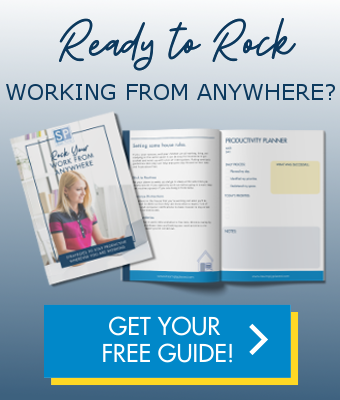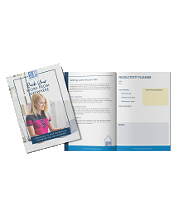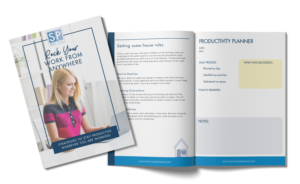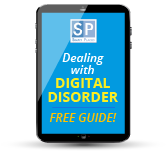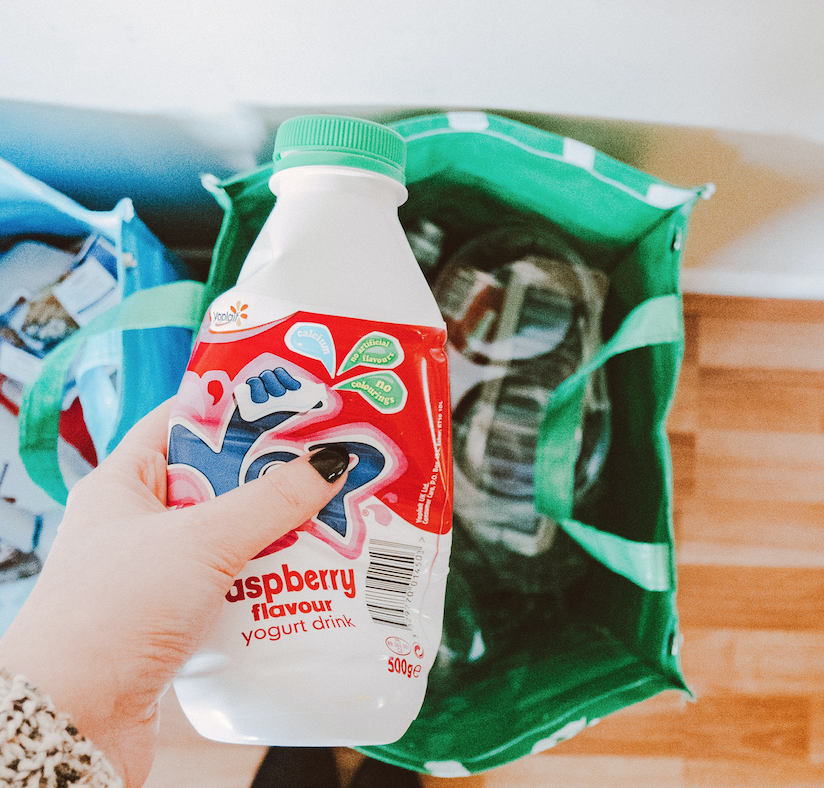
We all want to help the environment and do more recycling, and there are many options for disposing of items beside throwing in the trash. If we all take the extra moment to learn what can be recycled and where it should go, we can make a huge impact. Think of recycling in three parts:
THE EASY
These are the things you are probably recycling already. Paper and cardboard, glass bottles, metal cans, and plastic bottles/jugs/tubs/cups.
Mistakes on the easy stuff:
- Do NOT recycle plastic bags or film/wrapping of any kind for any reason. This clogs up the recycling machines. See below for more info on this.
- Beware the plastic clamshells for take-out food, deli items, bulk produce.
Recology takes these but Waste Management does NOT. - Just because it “says” recyclable or has a number, doesn’t mean your waste company can handle it. Check with them.
- Shredding is NOT accepted in recycling or compost carts of Waste Management. Put in garbage…or bring papers to a “shredding event”, often put on by local cities and professional businesses.
THE HARDER
PLASTIC BAGS: There are many items that you’re probably throwing away that could be recycling instead. Nearly every Amazon package has either bubble wrap or air “pillows.” Plastic overwrap on toilet paper, cases of water, etc. Bread bags, dry cleaning film.
Check this site for more info and places to drop your plastic bags such as Safeway, Albertsons, QFC. Just make sure they are clean and have no food residue.
STYROFOAM: Don’t throw away Styrofoam. Almost all can be recycled. Check with your local municipality; many offer certain days where particular items are accepted. Styrorecycle has a drop off location in Kent. All forms of #6 styrofoam, take out trays, shipping coolers, polyethylene, peanuts, cardboard, clear plastic wrap.
BATTERIES: Most batteries have toxic chemicals like cadmium, lead, lithium, or sulfuric acid. Throwing in the landfill allows that to contaminate groundwater. Just collect them over time and drop off at a collection point like Home Depot or McLendons Hardware. Many communities offer collection at the city office building. Also try these vendors:
3R Technology– 206-582-7100
All Battery Sales and Service– 425-743-7677
CFL and FLUORECENT TUBES: These also have harmful chemicals. Try your local city hall, Bartell Drugs, or this site for drop off locations.
PRO TIP: Ridwell is a company that will pick up some of the “HARDER” recycling right from your door every two weeks. Roughly $12/month. Plastic film/bags/packaging… batteries… textiles/threads… lightbulbs. They give you collections bags for each type of item. Just leave on your doorstep.
PRO TIP: Waste Management will collect electronics (TVs, computers), motor oil, and textiles right alongside your regular recycle bin. Just call in advance to let them know.
THE HAZARDOUS
These are items that just can not be thrown away. Especially here in the Pacific Northwest, there are resources available to collect and keep these things from polluting our environment and water resources.
- Auto products (wax, oils, antifreeze)
- Fuel (gas, propane, butane, kerosene)
- Oil based paint and solvent (WD-40, paint thinner, spray)
- Batteries and Fluorescent/CFL
- Cleaners
- Garden (bug and weed killers)
Look for community take back recycling events in your city (usually a few times a year) or take your items to one of these King County hazardous waste drop-off locations.
Small Things Make a Big Difference
Feeling a little overwhelmed? Small things make a bid difference! The best way to start is to keep doing what you’re doing. Use your recycling bin correctly. Put everything you can inside, while making sure you don’t “contaminate” it with the wrong items (IE plastic bags, clear clamshells, textiles, cords, etc)
Then choose one or two items as your “special” collection. Place a cardboard box or bin in the laundry or garage and designate that for collecting packing material items. You’ll be amazed at the amount you can collect! When it’s full…drop off your items at a collection point above.
Finally, commit to never throwing away truly hazardous material. Use the drop locations King County, or your local municipality, provides.
Donation Resources and Other Ways to Remove Clutter
Donated all you can and now you’re left with what is truly trash? Contact a junk removal service like Atlas Junk, Sasquatch Junk Removal or Happy Hauler, who will handle trash and recycling.
These companies will also handle donations, so if you have a large number of items, some of which may be able to be donated, along with some recyclables, trash or other items, it can be worth it to hire one service that will pick it all up and take it to the various drop-off locations for you. They are all operational right now, as they are considered essential services.
We’re in the process of updating our Resources page, which will include links for these and other resources in the near future. For other details about the various organizations mentioned above, including what they accept, hours of operation, and updates on their status can be found by Googling the organization.
If Simply Placed can support you either in person or virtually with any organizing or clutter clearing needs you may have, please contact us to learn more about our services. Then pat yourself on the back for your efforts and care in helping the world around you!

